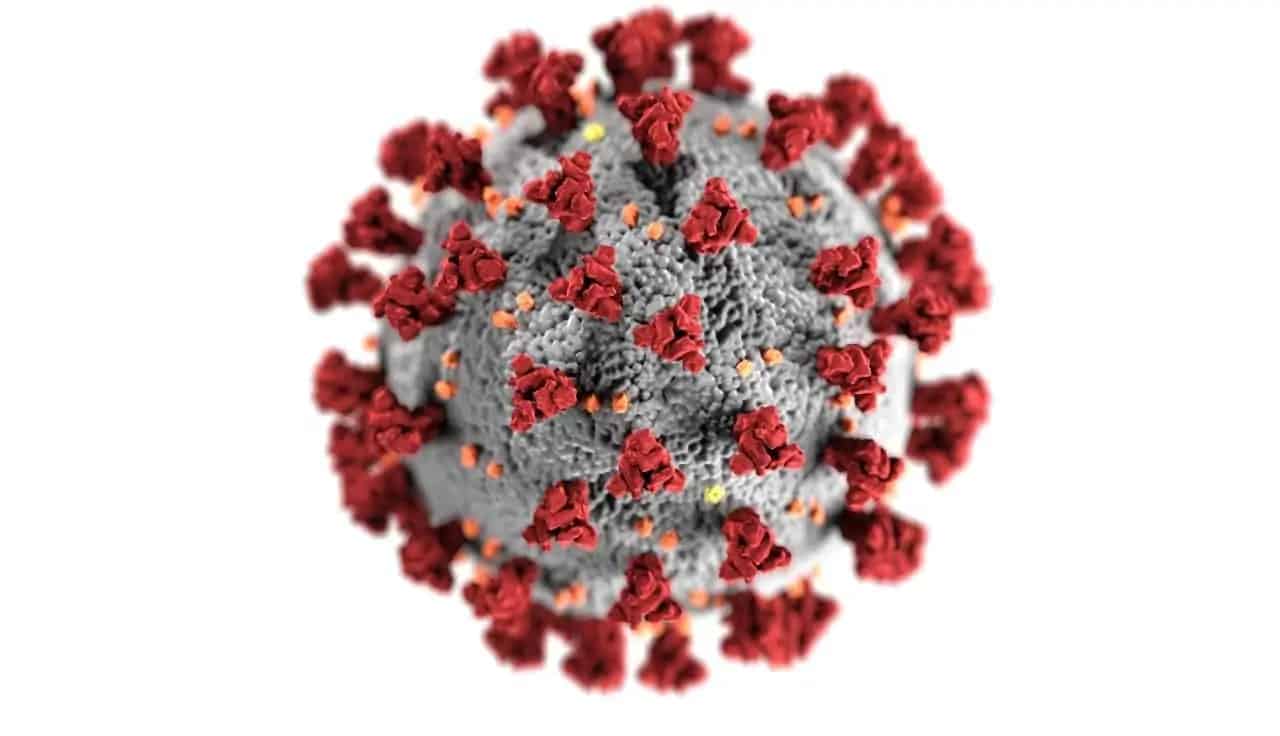McMaster-led study suggests what to do if your COVID-19 symptoms persist 1 year after infection
Published September 23, 2022 at 1:00 pm

A McMaster University-led study that included long COVID patients in Hamilton shows that some are showing signs of autoimmune diseases,which can include rheumatoid arthritis and lupus.
Manali Mukherjee, an assistant professor of medicine who is the senior author of the recently published study, said that generally, a given person’s chance of recovering from a COVID-19 infection within one full year “is very high.” That said, Mukherjee, who was affected by “long COVID” herself and received a federal grant to study it, related that the study found that 30 per cent of patients in the study had persistent health issues 12 months after they became infected.
The researchers used blood samples from 106 patients who were diagnosed with COVID-19 between August 2020 and September 2021 and received care at a Hamilton hospital and two hospitals in Vancouver. Blood samples from patients who still had symptoms turned up two specific abnormal antibodies, or autoantibodies, which attack healthy tissues and are known to cause autoimmune disease.
The work supports emerging research on long COVID, which mostly affects women.
“If you are having long COVID symptoms, even 12 months after getting COVID, please consider getting a rheumatological checkup, just to make sure that there is no trajectory towards systemic disease,” Mukherjee told The Canadian Press.
About 25 per cent of the patients in the study still had at least one of the three common COVID-19 symptoms, which are coughing, fatigue and breathlessness. The ones whose symptoms improved had a commensurate reduction in autoantibodies and cytokines (the cause of inflammation).
Mukherjee said people who experience persistent long COVID symptoms should see a rheumatologist. They are specialists in autoimmune disorders and can better assess development of rheumatological complications and the need for an early intervention.
“The study highlights that at 12 months, if you still feel unwell and the symptoms are persisting or worsening, you should definitely seek medical attention,” she said.
As noted, three-quarters of the subjects in the study made a full recovery.
“The general tendency of the body after it fights a severe virus like SARS-COV2, is to recover, and its often paced out varying from individual to individual,” Mukherjee said.
The study, which also involved researchers at the University of British Columbia, was published Thursday in the European Respiratory Journal.
A study of 300 patients published earlier this year in the journal Cell by researchers in the United States was the first to show that autoantibodies among those infected with the virus can lead to long COVID symptoms. The U.S. researches’ found the autoantibodies’ presence was limited to three to four months after recovery, Mukherjee said.
A Swiss study of 90 patients published last April in the journal Allergy suggested autoantibodies can be present a year following infection in 40 per cent of patients.
Mukherjee is leading the upcoming Autoimmunity in Post-Acute COVID Syndrome study funded by the Government of Canada COVID-19 Immunity Task Force. She is the Hamilton site lead for the Canadian Respiratory Research Network-Long COVID study, both of which are recruiting participants.
Mukherjee led her study in collaboration with researchers from the University of British Columbia (UBC).
Parts of the study were funded by grants from Cyclomedica (Canada), Weston Foundation, Michael Smith Foundation for Health Research, UBC Strategic Initiative Fund and the Government of Canada through its COVID-19 Immunity Task Force.
— with files from The Canadian Press
insauga's Editorial Standards and Policies advertising





